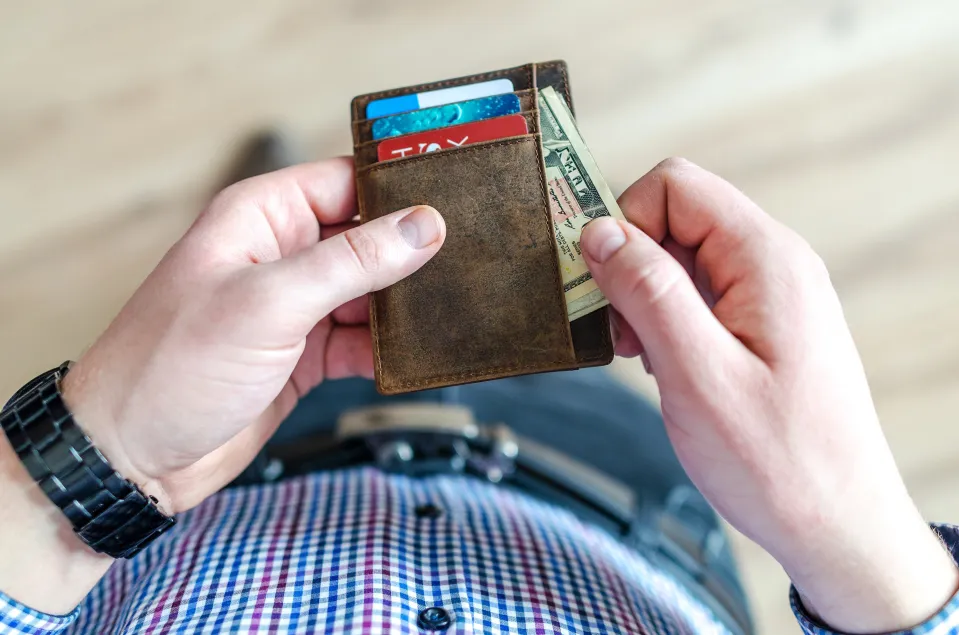Table of Contents
We present the advantages and disadvantages of each of these ways of paying.
To pay for a purchase you can do it through three ways: credit, debit or cash. However, each of them has its advantages and disadvantages that must be known to effectively use your money and protect it.
Use of the debit card
This form of payment is useful to avoid getting into debt because the money that is in your savings or checking account is used, the same one that is deposited. When making purchases with debit you are not charged interest or charges, but, on the contrary, interest is earned. Because debit cards are linked to a savings account, the money you put into the account will earn interest.
With this type of purchase there is more control of expenses, since with most cards you cannot spend more money than you have in the account. Also, if your debit card has the Visa, American Express or Mastercard logo, you can pay at different merchants around the world, although you may be charged fees for carrying out these transactions.
The downside of debit cards is that most of these cards do not provide protection against unauthorized transactions and fraud, as credit cards do. It is advisable to be very careful when shopping online so as not to be a victim of fraud.
Use of the credit card
This method has great advantages. One of the most important is that it can help you develop good credit, if you know how to use it correctly. In addition, they are protected by the provisions of the Fair Credit Billing law and if you suspect that you were a victim of fraud, payment of the purchase can be suspended while the case is investigated. With a credit card you will not be responsible for unauthorized purchases.
As with debit cards, purchases can be made around the world, if the plastic has the Visa, American Express or Mastercard logo. In addition, in each purchase you make with a credit card you can get points, discounts or “cash back”. The latter means that for each purchase or amount you spend you will receive a small percentage in cash.
The credit card must be used carefully because it can lead to large debts. If it is paid with a credit card and then the minimum payments are not made on time, your credit will be negatively affected. Remember that the money you use from the credit card is money that the bank lends you and that you will then have to pay with interest.
Use of cash payment
Almost all establishments accept this type of payment. You won’t go into debt if you don’t have enough money to pay for a product or service you need, but it’s important to keep all receipts for your purchases or you won’t be able to track your spending. Another disadvantage of having cash is that in case of robbery or robbery you could lose your money and you will not be able to recover it.
Two credit card recommendations
Citi Simplicity Card
If you are looking for a credit card with 0 interest for the first few months you can consider the Citi Simplicity card. It offers 0% interest on balance transfers for 21 months (starting from the first transfer made) and on new purchases it offers 0% interest for the first 12 months. Then the interest will be variable from 16.24% to 26.24%. On the other hand, the balance transfer fee is either $5 or 5% – whichever is greater, and there are no annual fees.
BankAmericard
Another credit card you can consider is the BankAmericard credit card, as it offers 0% APR for the first 18 billing cycles and for any transfers made during the first 60 days of obtaining the line of credit. However, after the offer ends, the APR can range from 15.24% to 25.24%. In addition, a 3% charge will apply to all transfers made.
